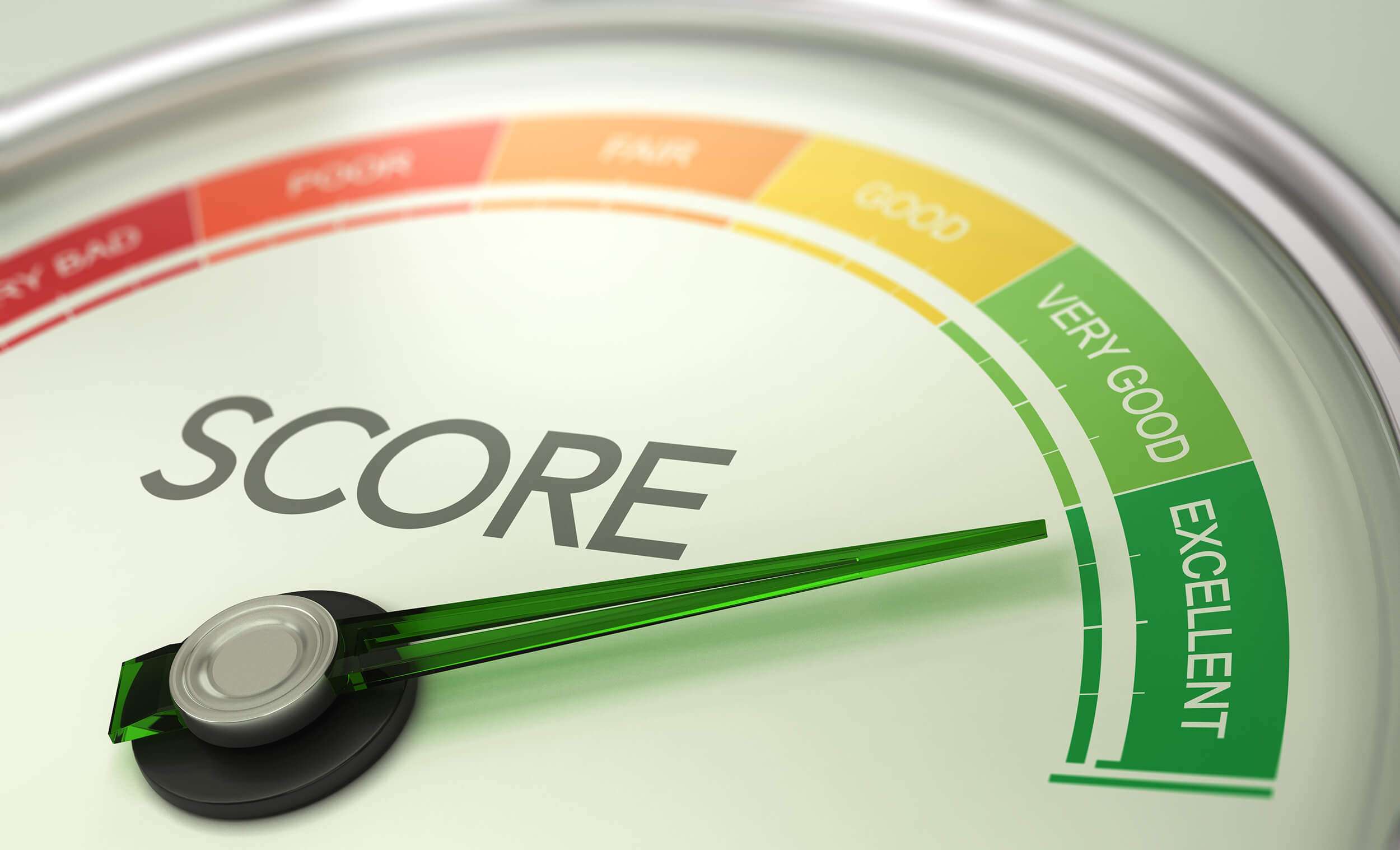BankIowa
Updated Mon March 18, 2024
Published Under: Credit & Debit

Improving your credit score can be a daunting task, but this process can be manageable when you take it one step at a time. Remember, a good credit score can help secure loans, credit cards, and housing, making a good score essential for your successful financial future. Let’s start with a reminder of what makes up your credit score.
Consumer credit scores typically use a FICO or Vantage 3.0 scoring model. Your score is calculated using many different pieces of credit data in your credit report and is represented by three digital numbers ranging from 300 to 850, where scores above 740 are considered very good to excellent. Generally, your score is grouped into five categories: payment history (35%), amounts owed (30%), length of credit history (15%), new credit (10%) and credit mix (10%). Your score considers both positive and negative information in your credit report. The percentages reflect how important each of the categories is in determining how your credit score is calculated.
It may be difficult figuring out where to start when improving your credit, however; these five tips can help and get you on your way to improving your score!
- Pay Your Bills on Time
When you use a paper or digital calendar, give yourself reminders when bills are due. When making credit card payments, no matter the size (pay at least the minimum required), pay them on time. Paying bills on time can help you avoid late fees, a bad reputation, and a poor credit score, and is one of the biggest contributing factors to improving your score.
- Reduce Amounts on Maxed-Out Cards
Improving your available credit line is essential to reclaiming a good credit score. You don’t need to pay everything off all at once, rather; schedule small payments throughout the month that can be manageable, especially if you are on a fixed income. Lower credit balances equal better credit scores. Try to get your balance owed on credit cards to be below 30% of the available credit offered (ex. if you have $3000 available on your card, try to get your balance below $1000).
- Obtain a Secured Credit Card
Having a secured credit card starts the journey of building and/or repairing a low credit score. With a secured card, you put down a security deposit and are only allowed to spend up to the deposit amount. This structure makes it more feasible to make your monthly payments and improve your credit score over time, eventually enabling you to graduate with a mainstream credit card.
- Analyze Your Past Spending Habits
Every dollar you earn should have an intended use for the future. Create a budget plan each month, deciding which dollars go where, including how much goes towards current credit balances, bills, etc. Creating a monthly budget plan and sticking to it can help identify where money should and shouldn’t be spent, while also helping you evaluate your current debt levels. Extra funds should be split between your savings and making extra or larger payments on credit debit to pay down your balances.
- Work with BankIowa through Credit Counseling
The employees of BankIowa are here to help you with all your financial needs. We can help you create a monthly budget, give you tools to help track your current credit score, and help set up payments using Bill Pay to ensure you don’t miss payments. BankIowa has the resources in place to help you improve your credit score!
Stop by a local branch to speak to one of our associates for assistance in setting up bill pay or to talk about credit counseling.

Comments